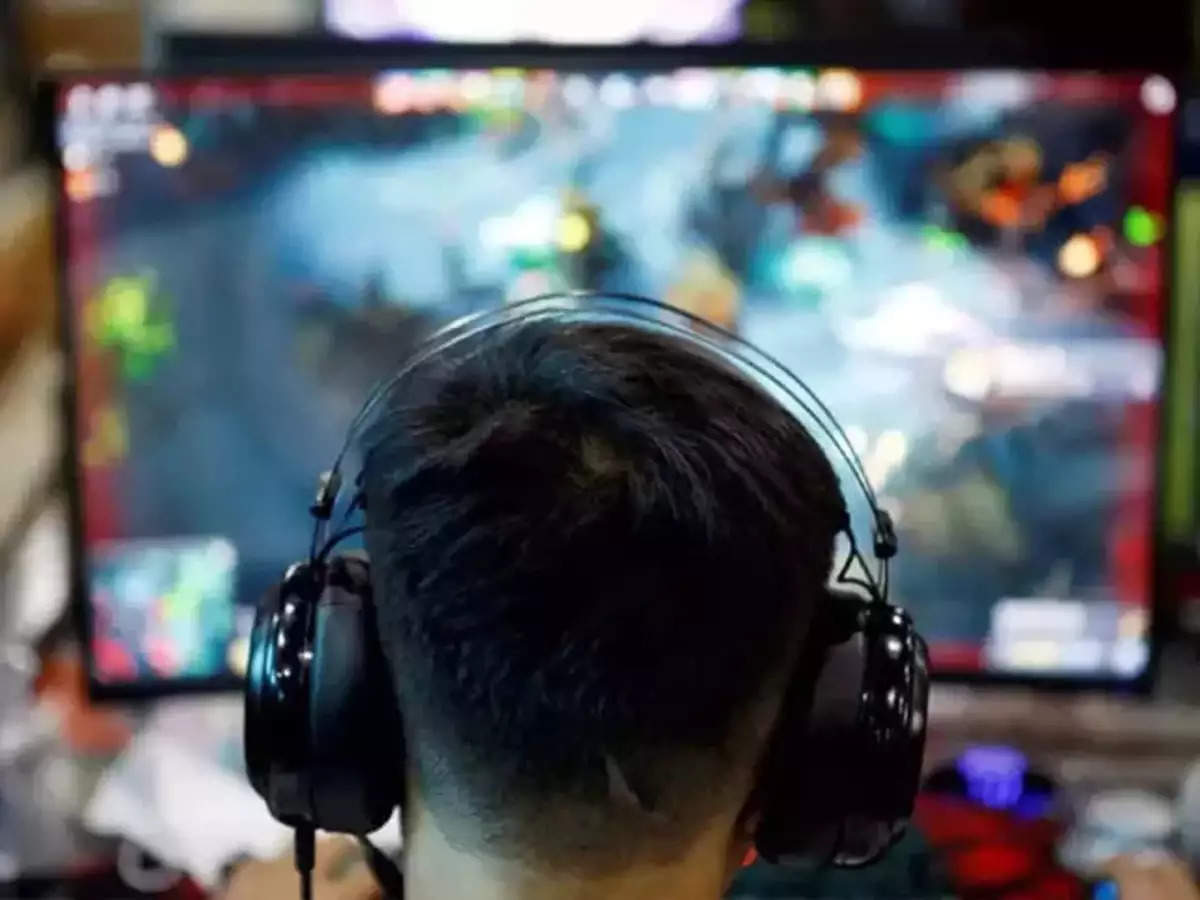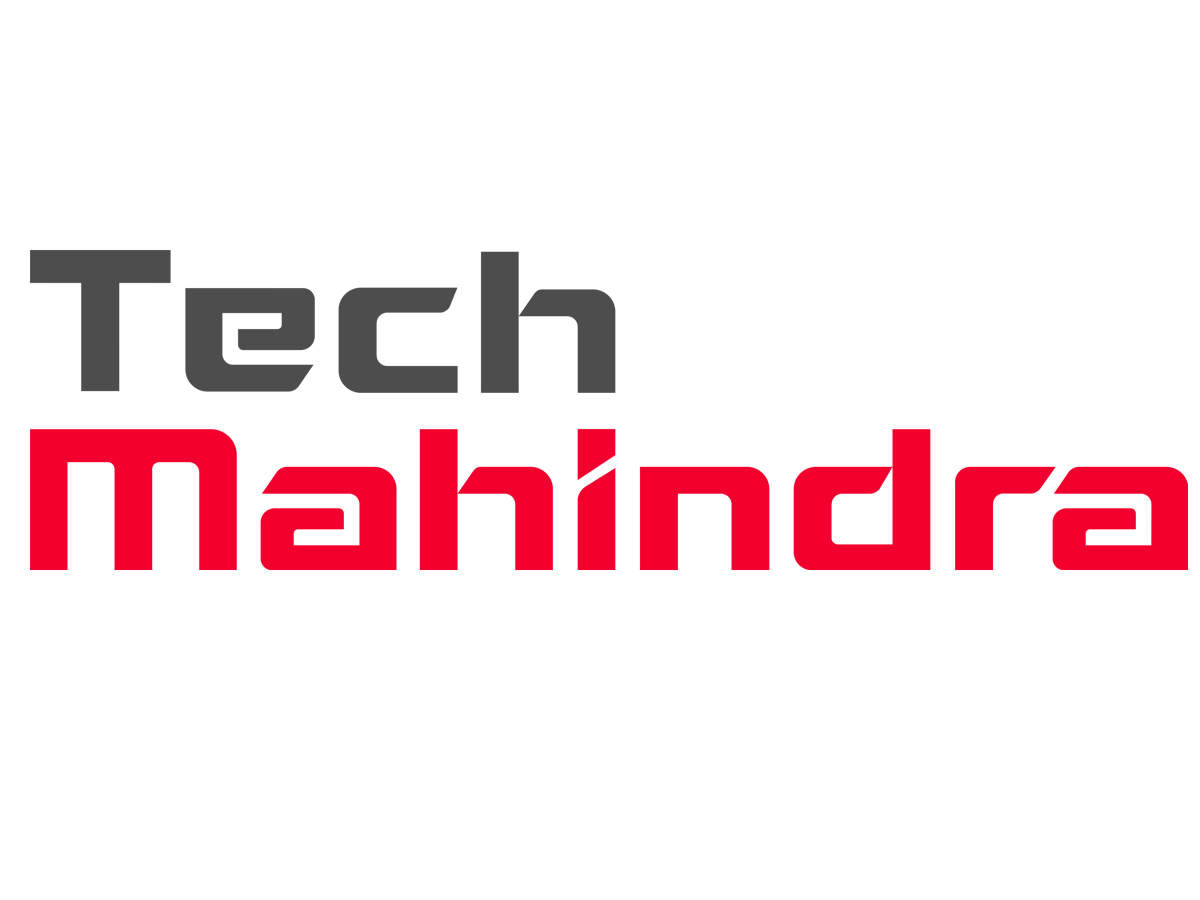Also in this letter:
■ GoM suggests peak 28% GST only on betting component of casinos
■ Rupa & Co scions take over Cloudtail’s home, kitchen, sports biz
■ Mastercard set to replace Paytm as BCCI title sponsor
Bengaluru institute builds ‘open source Aadhaar’ for developing countries
A centre in Bengaluru is extending unique identity programmes like Aadhaar to developing countries.
How? The International Institute of Information Technology, Bengaluru (IIIT-B) has developed an open-source foundational identity platform called the Modular Open-Source Identity Platform (MOSIP), which is currently being used by six countries – Sri Lanka, Morocco, the Philippines, Guinea, Ethiopia and the Togolese Republic – to provide digital identities to their citizens. West African nation Sierra Leone is also coming on board soon.
The programme is backed by the Bill and Melinda Gates Foundation (BGMF), Tata Trusts, Norad, and Omidyar Network, which have cumulatively provided Rs 150 crore in funding.
Infosys cofounder Kris Gopalakrishnan’s Pratiksha Trust has also committed $1 million to the project.
By the numbers: So far, in the Philippines, 71 million citizens have been registered using MOSIP, out of which 50 million have been issued identity cards. In Morocco, out of a population of 36 million, 150,000 have been issued unique identity numbers.
IIIT-B intends to reach a billion people in the next couple of years out of three billion people across the world who do not have an identity, its officials told ET.
Other countries that have shown interest in using MOSIP are Uganda, Nigeria, Samoa, and Tunisia.
IIT-B is also evaluating new technologies – other than fingerprint, iris, and face – such as voice biometrics, for national ID use cases.
IIT-B is a not-for-profit society registered under the Karnataka Societies Registration Act, 1960. It is governed by a board with Gopalakrishnan as chairman.
GoM suggests peak 28% GST only on betting component of casinos

The Group of Ministers (GoM) set up to review the goods and services tax (GST) on online gaming, horse racing, and casinos has suggested the peak 28% tax be levied only on the actual betting component for casinos and not the entire consideration, which may include other bundled goods and services.
No-Goa: Goa had opposed the GoM’s earlier recommendation that casinos be taxed on gross revenue, and sought a review. The GoM had recommended a uniform 28% GST on online gaming, horse racing, and casinos.
Currently, 18% GST is levied on casinos, horse racing and online games where no betting or gambling is involved. The rate is 28% for online games that involve betting or gambling.
Goa’s objection was that a 28% rate on the full-face value of chips or coins purchased at a casino would severely hit the sector as the entire amount was not spent on betting.
The GST Council had in its June 28-29 meeting asked the Meghalaya chief minister Conrad Sangma headed GoM to review its recommendations following Goa’s request.
What’s next? People privy to the GoM’s deliberations on Monday in Bengaluru said as some of the members could not attend the meeting the recommendations would be sent for their approval.
The final recommendation is likely to be placed before the GST Council along with the observation of the law committee of the Council on August 10.
Quote: Sameer Barde, CEO of the E-Gaming Federation (EGF) said, “While we await official communication we hope that the GoM will consider that imposing 28% GST on GGR (gross gaming Revenue) will significantly impact the industry, increasing the tax burden by 55%. Ideally we wish it should be at status quo – 18% of GGR – in line with international best practices.”
ET Ecommerce Index
We’ve launched three indices – ET Ecommerce, ET Ecommerce Profitable, and ET Ecommerce Non-Profitable – to track the performance of recently listed tech firms. Here’s how they’ve fared so far.
Rupa & Co scions take over Cloudtail’s home, kitchen, sports biz

Kolkata-based garment maker Rupa and Company’s third-generation promoters – Siddhant Agarwal and Aparesh Agarwal – have started a new seller business called RetailEZ on Amazon India, sources told us.
The new entity is taking over Cloudtail’s home and kitchen business from sellers and suppliers, the sources said.
RetailEZ is among many new sellers that are taking over Cloudtail’s business following Amazon’s acquisition of the latter’s parent company Prione.
Cloudtail was the biggest seller on Amazon and the e-tailer shut it after acquiring a 100% stake in Prione, as existing norms do not allow an entity running an online marketplace or its group companies to own equity in any seller on the platform or control its inventory.
Rupa and Co chief financial officer Ramesh Agarwal confirmed the development and clarified that RetailEZ was a separate entity that would not be associated with the publicly listed company.
Mastercard set to replace Paytm as title sponsor for all BCCI matches in India

Mastercard, the global payments and technology company, is set to replace India’s digital payments unicorn Paytm as the title sponsor for all international and domestic cricket matches organised by the Board of Control for Cricket in India (BCCI).
The board has accepted Paytm’s plea for the re-assignment of its title sponsorship, valid until 2023, to Mastercard, said two people with direct knowledge of the deal. This marks the company’s premature exit after a seven-year association with the BCCI.
“Paytm had asked to pull out of the deal and Mastercard was willing to come in at the same price,” said one of the sources. The BCCI has accepted the proposal and the contracts are being drawn up. They should be signed in another 5-10 days, the person said.
In August 2019, Paytm had renewed the title sponsorship deal with the BCCI for four years with a winning bid of Rs 326.80 crore or Rs 3.80 crore per match.
It had first signed a title sponsorship deal with the BCCI in 2015 for Rs 203 crore for four years, or Rs 2.4 crore per match, and the new deal was 58% higher.
Zomato’s market cap falls below last private valuation as lock-in expires

Online food-delivery platform Zomato’s stock price fell more than 14% to hit a lifetime low of Rs 46 in the early hours of trade on BSE on Monday, pushing its market cap below its last private valuation of $5.5 billion.
The stock recovered slightly to close at Rs 47.55, down 11.37% on the day.
Why? The mandatory lock-in for promoters, employees and other shareholders, who bought the stock before the IPO, ended on July 23, one year after it was listed.
More than 613 crore shares of Zomato were under lock-in from the date of allotment, comprising about 78% of total shares.
Decline: Zomato had a blockbuster listing on the Indian stock exchanges on July 23, 2021. Its shares surged by as much as 83% above the IPO price of Rs 76 at one point on the opening day after listing at Rs 115 apiece — a premium of more than 50% over the issue price.
But its share price has declined – sometimes rapidly – ever since.
Zomato’s shares have fallen 28% in the past month compared to a 1.12% fall in the ET Ecommerce index or a 2% decline in the ET Ecommerce Non-Profitable index. Over the past three months, Zomato shares have plunged 37% compared to a 13% fall by the ET Ecommerce index or12% by the ET Ecommerce Non-Profitable index.
Other Top Stories By Our Reporters

Tech Mahindra Q1 net profit down 16.4%: Tech Mahindra’s consolidated net profit fell 16.4% year-on-year to Rs 1,132 crore in the fiscal first quarter, deeper than what analysts had estimated on higher employee and subcontracting costs. Revenue grew 24.6% to Rs 12,708 crore, surpassing analysts’ estimates.
Ex-L&T Infotech chief joins private equity firm: Former Larsen and Toubro Infotech chief Sanjay Jalona has joined Private Equity firm ChrysCapital Funds as an operating partner for investments in the business services sector. Jalona will be based out of the US and will work closely with the advisory team, according to a press statement.
HCL Tech’s C Vijayakumar is India’s highest-paid IT CEO: HCL Technologies chief executive, C Vijayakumar, is the highest-paid CEO among India’s top IT services firms, with an annual salary topping $16 billion courtesy of a two-year incentive worth $12.5 billion, the company’s annual report revealed.
Global Picks We Are Reading
The fight between authors and librarians tearing book lovers apart (The Washington Post)
Russia is quietly ramping up its Internet Censorship Machine (Wired)
Instagram is fueling a thrifting boom across in India, Bangladesh, and Nepal (Rest of World)
























